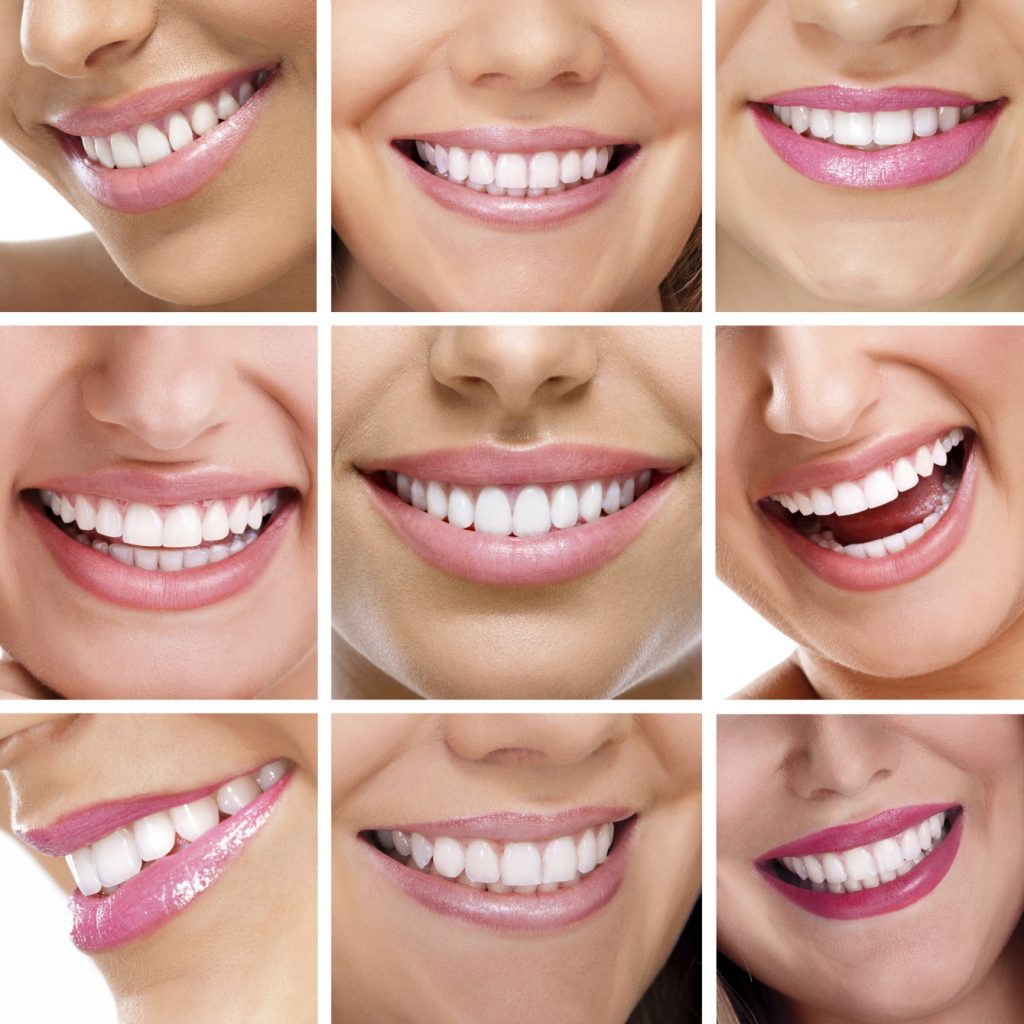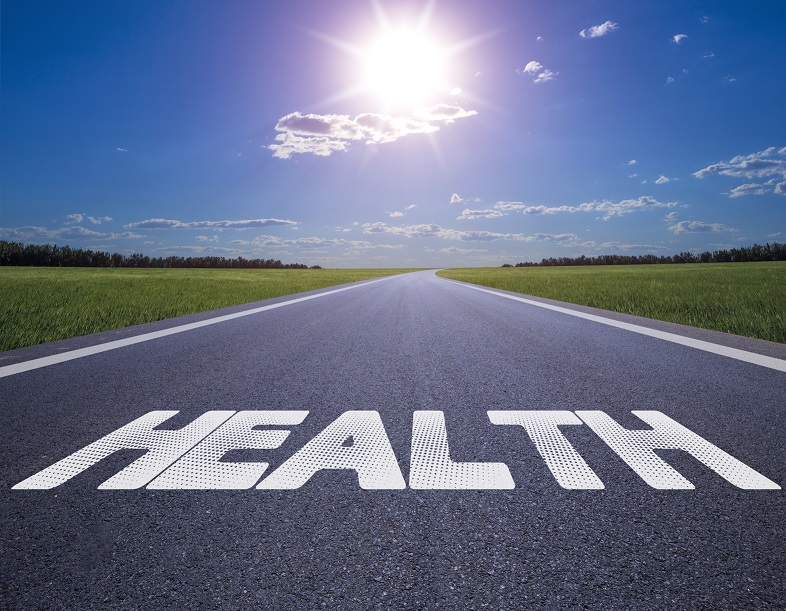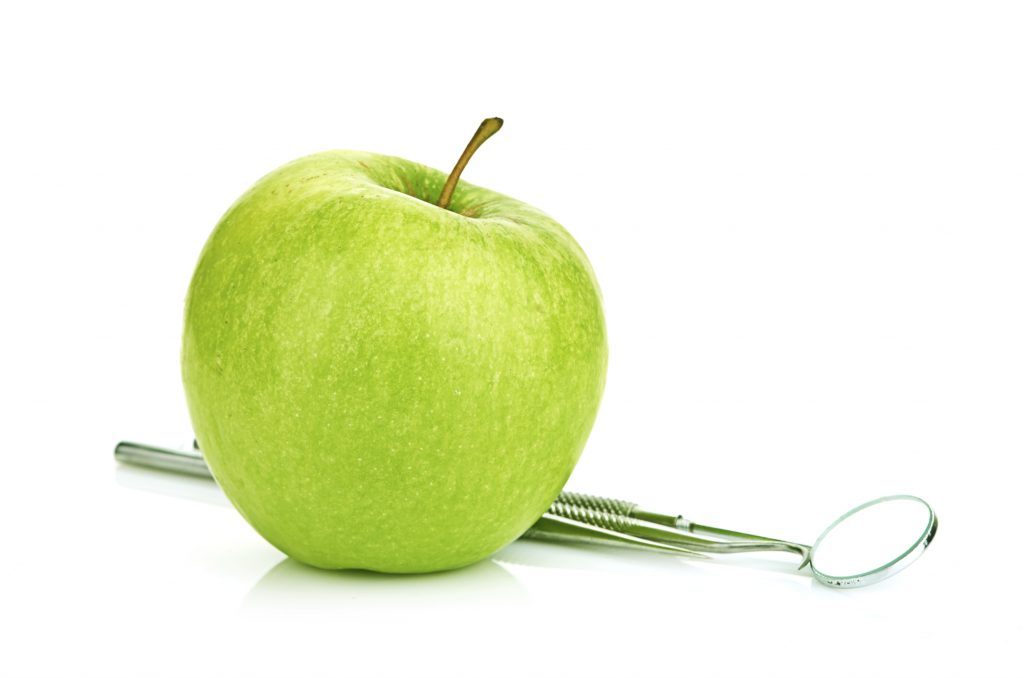
We don’t know about you, but rainbows have always been our friends. We love the beautiful spectrum of color, in a harmonious palette that the rainbow brings us. Did you know, however, that you can also experience feelings of joy and harmony when you eat the rainbow as well?
Rainbow Eating
Eating the rainbow is actually a very simple concept. Rather than try to understand all of the complicated nutritional formulas that are out there, you can make sure that you have a variety of fruits and vegetables available for you to eat. Each color represents a different nutritional value with regard to vitamins and minerals.
For example, eating orange colored fruits and veggies means you are putting Vitamin C in your body, which is essential for healthy gums and circulation in your mouth. Each color means that a different vitamin, mineral, or value is added. Red colored fruits and veggies produce increased levels of Resveratrol, which means that it has anti-cancer properties, including oral cancers and throat cancers.
Yellow veggies or fruits mean that you can protect your mouth and throat from the effects of food allergies. Yellow citrus also works to protect existing body structures free from cancer and disease. Leafy greens are good for the calcium in your teeth, but they are also excellent for maintaining gum health and gum circulation. Blues and purples contain acids to improve gum health as well.
If you eat the rainbow, you not only improve your dental health, but you also improve your overall health as well. A rainbow diet also helps to prevent some types of cancer including stomach, mouth, esophageal, breast and prostate cancer.
Questions about eating the rainbow or eating in general to maintain good oral health? Why not give us a call? We can talk with you about your oral health and steps you can take to make it better.
For more information about diet improvements, call Dr. Frank S. Sciabica in Issaquah, WA at 425-392-3900 or visit www.issaquahdentists.com.
Dr. Sciabica proudly serve patients from Issaquah and all surrounding areas.




